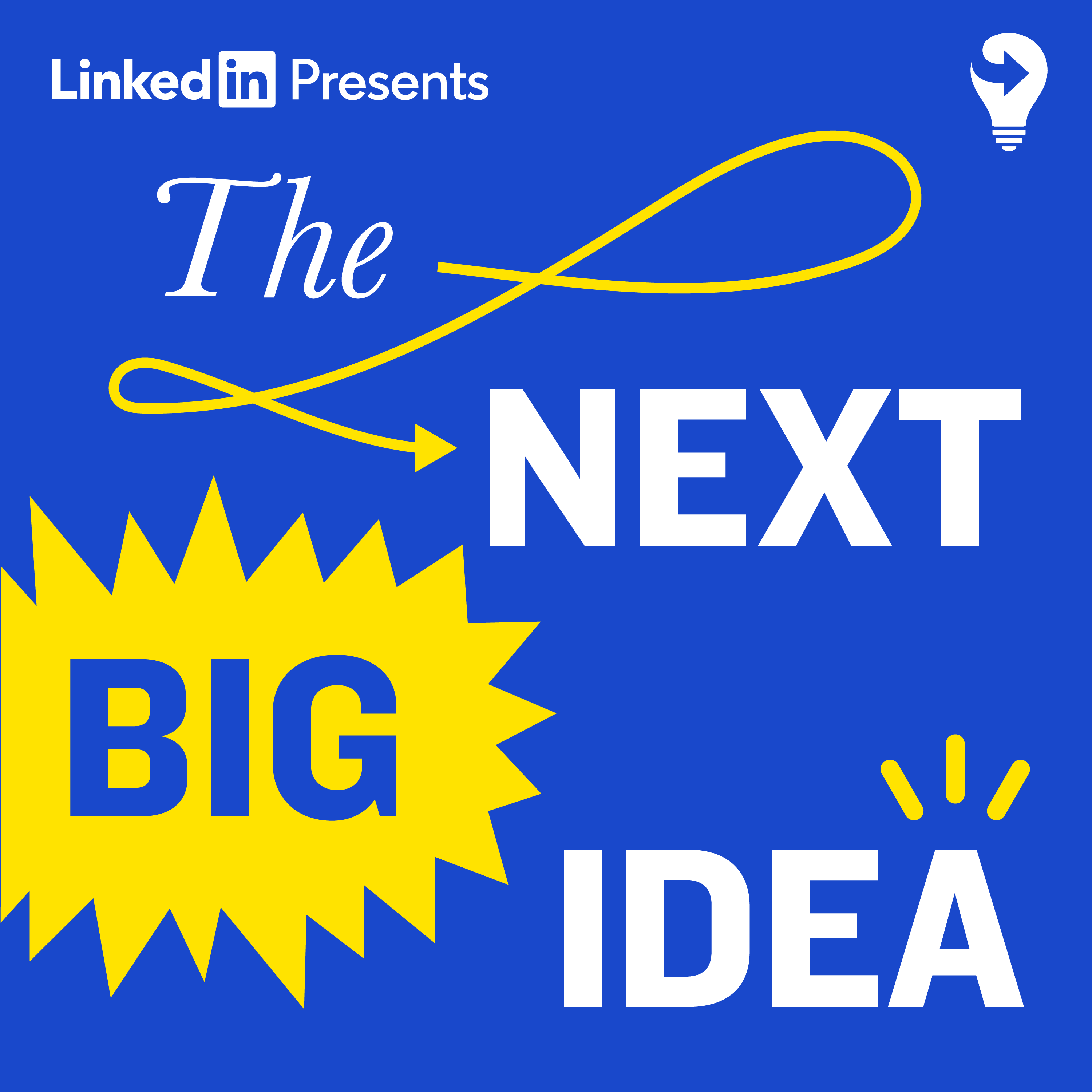BLOCKCHAIN: Why Chris Dixon Still Thinks It Matters
Description
Seventy-two billion dollars. That, according to the Grifter Counter™, is the amount of money that's been swallowed up by crypto and blockchain scams and crashes. It's an enormous sum — but one that may not surprise you if you've kept up with the news. Bitcoin lost more than 60% of its value in 2022. FTX, once the world's third-largest crypto exchange, collapsed, and its founder, Sam Bankman-Fried, was later found guilty on seven counts of fraud and conspiracy. And it's not just crypto that has seen dark days. Remember NFTs? They were once touted as a revolutionary new form of digital ownership made possible by the blockchain. Today, however, 95% of them have lost all of their value. That's right. All of it.
So it would seem like a suboptimal time to publish a book arguing that "blockchains and the software movement around them — typically called crypto or web3 — provide the only plausible path to sustaining the original vision of the internet as an open platform that incentivizes creativity and entrepreneurship." But that's precisely what Chris Dixon, founder of a16z crypto, has done with "Read Write Own: Building the Next Era of the Internet." Chris, who spoke with Rufus in a live taping of this show last week, says that while blockchains have been "maligned and associated with grift, casino culture, and fraud," they are tools that can be used for good. Today on the show, he makes that case.
More Episodes
"The only things that are important in life," declared the French filmmaker Jean Renoir, "are the things you remember." But what do we remember and why? That's the subject of a new book, "Why We Remember: Unlocking Memory's Power to Hold on to What Matters," by pioneering neuroscientist Charan...
Published 04/25/24
Published 04/25/24
What if doing less is the secret to achieving more? That's the counterintuitive argument at the heart of productivity guru Cal Newport's new book, "Slow Productivity: The Lost Art of Accomplishment Without Burnout." Cal says that if we can learn to do fewer things, work at a natural pace, and...
Published 04/18/24


